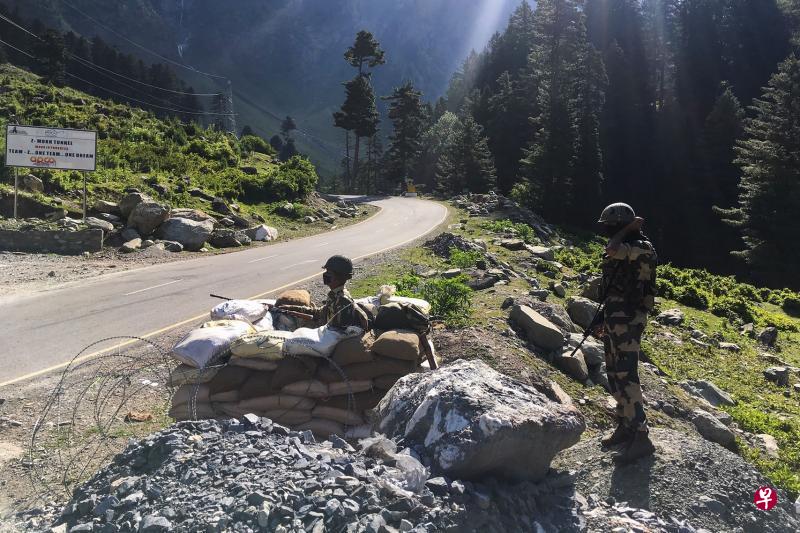
Chinese Foreign Minister Wang Yi met in Tajikistan and Indian Foreign Minister Su Jieosheng. The two sides agreed not to take any unilateral action in the sensitive dispute area to avoid repeated situations from misunderstanding and misjudgment.
According to Xinhua News Agency, Wang Yi said that since the meeting between the two foreign ministers of the two countries in September last year, the front -line troops of the two armies were separated from contact in the Galvan Valley and the Bandong Lake area.At the same time, China -India relations are still hovering in the trough, which does not meet the interests of any party.
He said that the essence of Sino -Indian relations is the question of how two neighboring developments think of each other, how to live in harmony, and how to achieve each other.The Chinese side's strategic judgment on China -India relations has not changed.The positioning of China -India relations should still be a threat and mutual development opportunities. The two countries are partners, not opponents, and not enemies.The principle of Sino -Indian relations should still be mutual respect for sovereignty and territorial integrity, non -infringement, and not interfere with each other in the internal affairs, and respect each other's core interests.
Wang Yi said that last year, the situation of the border between China and India is clear and clear, and the responsibility is not in the Chinese side.China is willing to go with the Indian side through negotiations and need emergency disposal issues to seek solutions that both parties accept.Both sides should put bilateral issues in a proper position, and create favorable conditions for negotiations to solve different divergent conditions by expanding the positive side of bilateral cooperation.It is necessary to consolidate the results of disconnected contact, strictly follow the agreement and consensus between the two parties, and do not take any unilateral action in the sensitive dispute areas to avoid repeated situations caused by misunderstanding and misjudgment.To focus on the long -term, gradually shift from emergency response to normal management and control, preventing unnecessary interference from bilateral relations on bilateral relations.
According to Reuters, Su Jiesheng said that although the agreement was reached last year, China and India failed to resolve the border deadlock, which did not meet the interests of any party.The Indian Ministry of Foreign Affairs stated that the foreign minister recalls that extending the existing situation does not meet the interests of the two parties, which has a negative impact on relations between the two countries.The two ministers agreed to seek solutions that both sides can accept to avoid any unilateral action that may exacerbate tensions to ensure the stability of the situation.
It is reported that Su Jiesheng met with Wang Yi at a meeting of the Foreign Minister of the Tajikistan.



